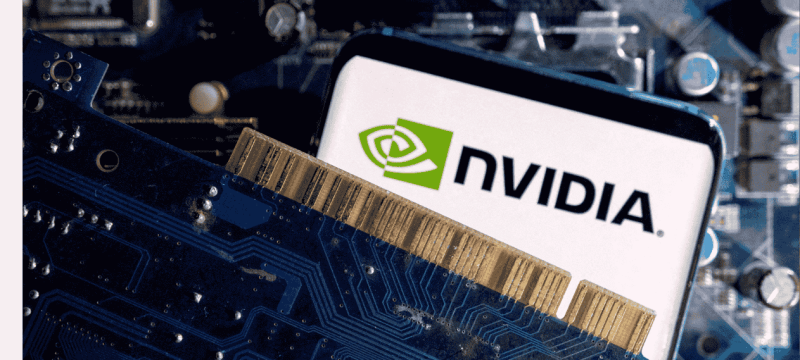BARCELONA/BENGALURU – Nvidia AI has come under renewed pressure after reports that China’s internet regulator ordered major tech companies to halt purchases of the firm’s chips and cancel existing orders.
The move, part of the wider US-China trade conflict, caused Nvidia’s stock to drop 2.62 percent in early trading. The dispute reflects growing tensions, as Washington and Beijing remain locked in a struggle over technology and national security.
Nvidia AI chips have been at the center of the restrictions, with US administrations blocking China’s access to advanced semiconductors. In response, Beijing has been urging its firms to shift away from American suppliers. This policy has directly impacted leading U.S. companies like Nvidia.
The Cyberspace Administration of China (CAC) has reportedly instructed tech giants, including ByteDance and Alibaba, to stop testing and ordering Nvidia’s RTX Pro 6000D. This chip was designed specifically for the Chinese market, but demand has been weaker than expected. Some firms had begun testing thousands of units before receiving the order to halt operations.
Just days earlier, Beijing also accused Nvidia of violating anti-monopoly laws. Meanwhile, US officials raised national security concerns during recent trade talks with China in Madrid. The escalating dispute underscores how technology remains at the heart of the broader economic rivalry.
In London, Nvidia CEO Jensen Huang responded, saying the company would continue to serve markets where it is welcomed. “I’m disappointed, but the US and China have larger agendas to work out,” he remarked. Huang emphasized Nvidia’s willingness to cooperate with Chinese companies if allowed.
The fresh restrictions are tougher than earlier guidance, which had only targeted the H20, a previous version of Nvidia AI chips. Analysts suggest that prolonged tensions could reshape global supply chains, forcing Chinese firms to accelerate efforts toward self-reliance in advanced computing.
In other news read more about: Nvidia Unveils Blackwell AI GPUs: 7x Faster, 4x More Efficient







